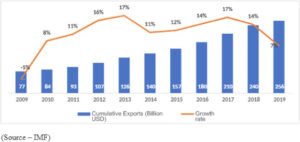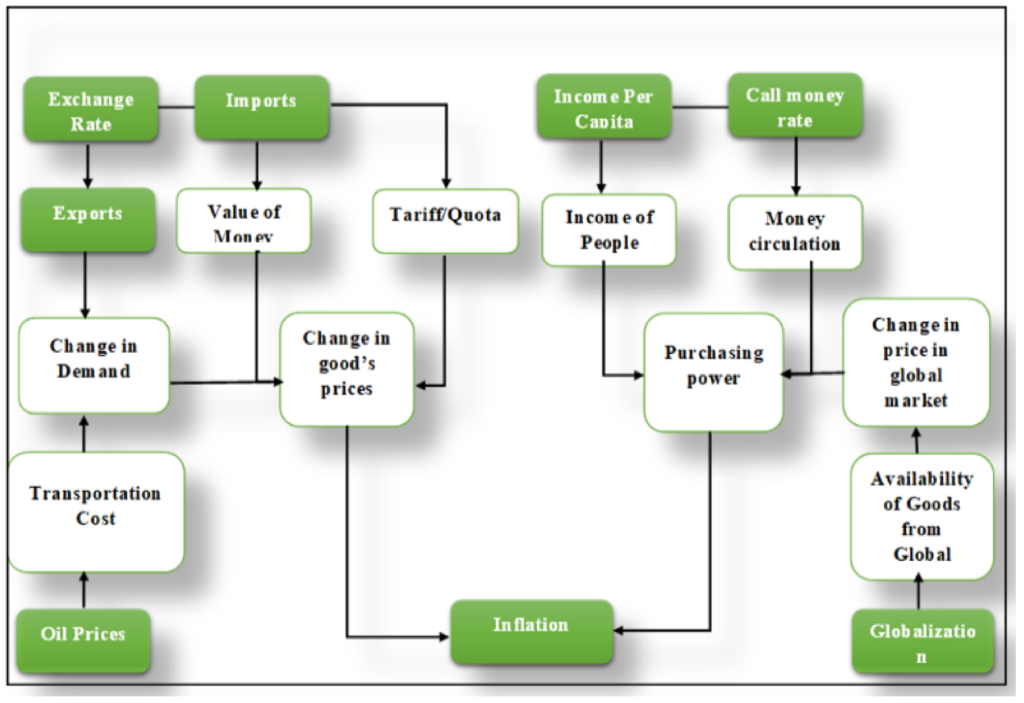Political Dimensions of Globalization: Lessons from Pakistan and Developing Economies
Globalization is often portrayed as an irresistible tide—reshaping economies, redefining cultures, and redrawing political alignments. While the phenomenon has yielded immense opportunities, it has also posed daunting challenges for states struggling with weak governance, fragile institutions, and volatile politics. For Pakistan and comparable developing economies, the question is not whether to engage with globalization, but how to navigate its turbulent currents in ways that serve national interests.

—
The Globalization Paradox for Emerging States
Emerging economies find themselves caught in a paradox. On one side, globalization promises access to global markets, investment flows, and technological innovations. On the other, it threatens domestic industries, exacerbates inequality, and weakens policy autonomy. The political dimensions of this dilemma are critical: governments must balance international integration with protection of national sovereignty, economic equity, and social cohesion.
—
Pakistan’s Political Response
Pakistan’s engagement with globalization reflects both ambition and constraint. Politically, its responses have oscillated between cautious openness and protective insularity.
Trade and Market Liberalization: Pakistan has signed trade agreements within SAARC, with China, and under the WTO framework. Yet inconsistent implementation and lack of export competitiveness have restricted their impact.
Privatization and Deregulation: In line with global economic prescriptions, Pakistan pursued privatization of state enterprises and financial sector reforms. However, weak regulatory oversight and corruption diluted the benefits.
Geopolitical Alignment: Globalization has also shaped Pakistan’s strategic partnerships. Aligning with China’s Belt and Road Initiative (BRI) reflects not only economic ambition but also a political strategy to counterbalance Western influence.
Still, political instability, short-term policy cycles, and institutional weaknesses have undermined Pakistan’s ability to design coherent globalization strategies.

—
Comparisons with Other Developing Economies
Pakistan’s experience contrasts sharply with countries like Vietnam, Bangladesh, and India, which have adopted more strategic approaches.
Vietnam prioritized export-led growth, negotiated favorable trade terms, and developed competitive manufacturing hubs.
Bangladesh capitalized on globalization through a targeted garments industry, backed by labor reforms and incentives.
India embraced a mix of liberalization and protectionism, investing heavily in IT and services to position itself globally.
These cases reveal a central lesson: globalization rewards states that combine policy consistency, human capital investment, and political stability—areas where Pakistan has lagged.
Socio-Cultural and Political Implications
Beyond economics, globalization has reshaped Pakistan’s political discourse and social landscape. Access to global media, digital platforms, and international education has influenced values, civil society activism, and political mobilization. Yet, it has also deepened divisions—between urban and rural, elite and marginalized, traditionalists and modernists. Politically, this creates both opportunities for democratization and risks of polarization.

The Way Forward
For Pakistan and similar economies, political engagement with globalization must move beyond reactionary policies. The following steps are crucial:
1. Policy Continuity: Shielding globalization strategies from frequent political disruptions.
2. Institutional Reforms: Strengthening governance, transparency, and regulatory frameworks.
3. Economic Diversification: Building export competitiveness in technology, services, and agriculture.
4. Social Safeguards: Ensuring that globalization benefits do not bypass vulnerable groups.
5. Strategic Diplomacy: Balancing relations with major powers to avoid overdependence on any single bloc.
Conclusion
Globalization is not an uncontested gift; it is a terrain of struggle where politics determines who benefits and who loses. For Pakistan and other developing economies, the challenge lies not in resisting globalization but in shaping it to align with national priorities. The lesson is clear: political will, institutional resilience, and visionary leadership are indispensable in turning globalization from a source of vulnerability into a catalyst for sustainable growth.

